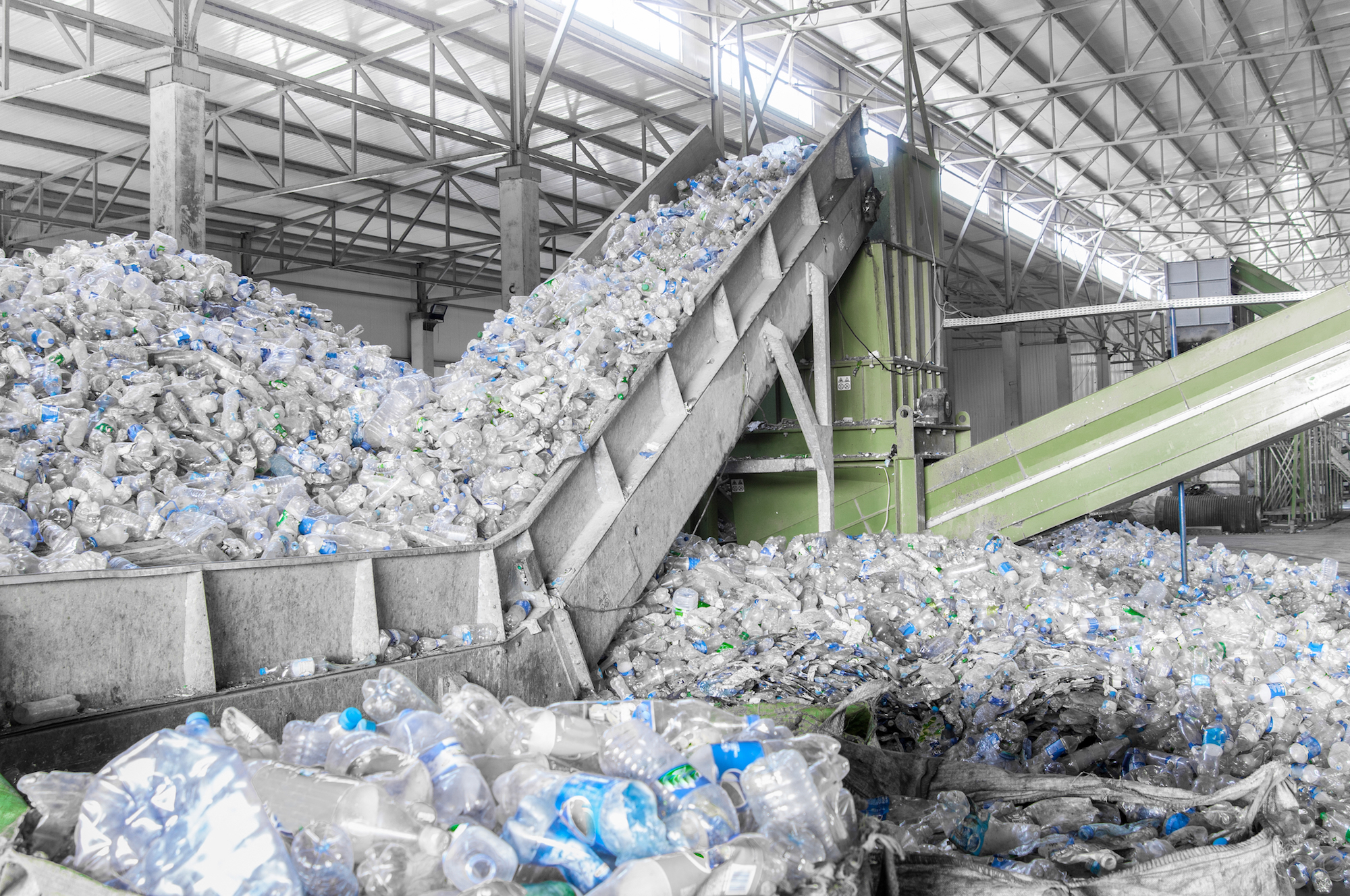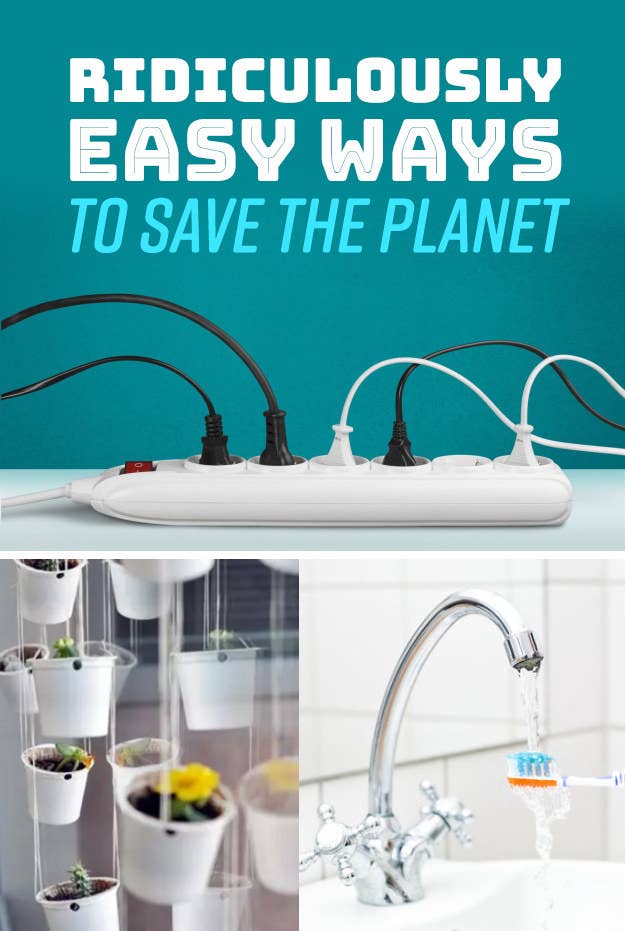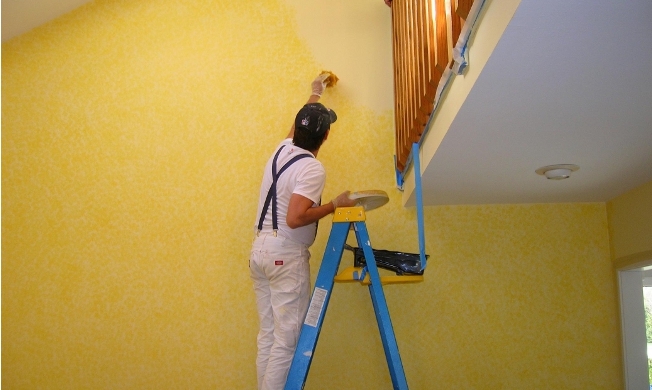Almost all of us recycle at least some of our household waste and equipment on a regular – if not daily – basis now. It’s become a part of modern life to see it collected and taken off to do good elsewhere in the world, or to become something different.
We know this in an abstract sort of way, but how many of us really know – or even ask – what our recycling actually goes through once it leaves our homes? How is it treated at the recycling centre or dump?
The first stage
Most council or local authority recycling schemes collect recyclable goods and materials in two ways. There’s the kerbside sorting schemes which see recyclables sorted out by their materials (glass, paper or plastic, mainly) on the lorry as it’s doing its rounds. Then there’s the mingled collections where everything gets put into one compartment and taken to a materials recovery facility (MRF), to be sorted by hand and by machine.
Many MRFs use large conveyor belts pulled along by specialised industrial chains to separate out ferrous metals with a system of magnets. Other materials, like paper and different types of plastic, are sorted by hand, before everything is sent along to manufacturers, where they are made into new objects and products.
A “new” commodity
Recycled materials, once they’ve been sorted and undergone any processing they might need, become valuable commodities in world markets. More than two-thirds of the aluminium we use today was mined over a century ago, for example.
Recycling in the UK
- There are many recycling depots throughout the UK, processing millions of tonnes of material each year – almost a million tons of glass was recycled in 2015;
- The UK also aims to recycle 45% of the 620 million batteries thrown away in 2016;
- All UK newsprint uses 100% recycled paper;
- All organic (kitchen and garden) waste collected in the UK is recycled, most often close to its collection point and
- Over 80% of recycled glass is used in the UK, mostly in the form of new jars and bottles.
People are now looking for more and more high-quality goods made from recycled materials and many are happy to pay a bit extra for them.
Does the UK export any of its recycled material?
Yes, and countries like China pay well for recyclable materials like plastics because they don’t have the sources for raw materials – large forests or crude oil supplies. Nevertheless, these countries have thriving manufacturing industries, all hungry for plastics.
Although the materials must travel far to get to China and elsewhere, this is a much better option for the environment than growing or sourcing raw materials. It saves precious natural resources like oil, as well as the energy needed to process it, and reduces carbon emissions. It’s estimated that using recycled plastics saves up to 95% of the energy needed to turn oil into plastic.
Transport costs and carbon footprints can be further reduced because the container ships bringing finished goods to the UK can return to China laden with waste plastics!





